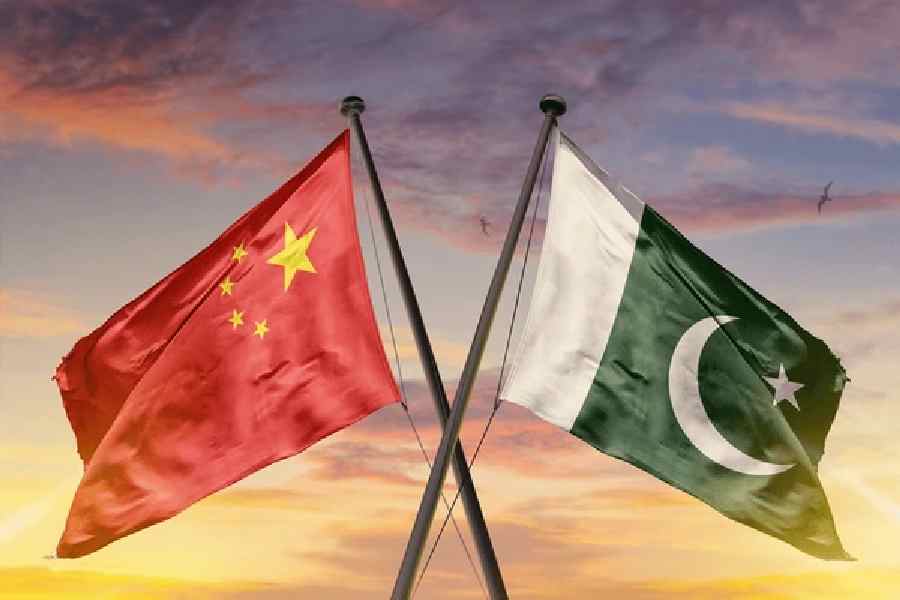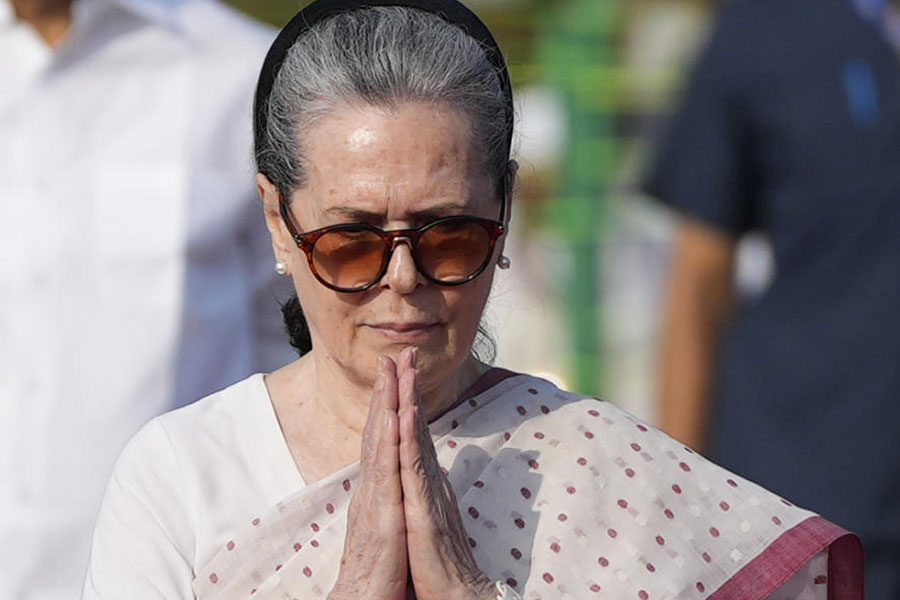China Wednesday asked Pakistan and Iran to show restraint and avoid actions that could escalate tensions after Tehran launched unprecedented missile and drone attacks on terrorist bases in the restive Balochistan province.
Pakistan, which recalled its ambassador to Iran and suspended all high-level planned bilateral visits in the coming days over the aerial strikes, said two children were killed and three others injured in the attack.
Two bases of Pakistan’s Baloch militant group Jaish al-Adl (JAI) were targeted by missiles on Tuesday, Iranian state media reported, a day after Iran's elite Revolutionary Guards attacked targets in Iraq and Syria with missiles.
Asked for her reaction to the Iranian airstrikes, which are perhaps for the first time by Tehran against Pakistan, China's Foreign Ministry spokesperson Mao Ning told a media briefing here that “Iran and Pakistan are close neighbours and major Islamic countries.” "We call on the two sides to exercise restraint, avoid actions that escalate the tension and jointly keep the region peaceful and stable," she said.
For China, it is a piquant situation as Pakistan is an all-weather ally, while Tehran is warming up to Beijing in recent years enabling China to expand its influence in the volatile Middle Eastern region.
China also imports a considerable amount of oil from Iran.
Last year China claimed diplomatic success bringing arch-rivals Iran and South Arabia together following which the two countries restored diplomatic ties after nearly a decade.
"China believes that the relations between countries should be handled based on the basic norms governing international relations underpinned by the purposes and principles of the UN Charter and international law, and all countries’ sovereignty, independence and territorial integrity should be earnestly respected and protected,” Mao said.
It is a tightrope walking for China as Pakistan, a Sunni majority country, and Iran with predominantly a Shia majority have a tenuous relationship.
China’s USD 60 billion China-Pakistan Economic Corridor (CPEC) connecting Pakistan’s volatile Balochistan, neighbouring Iran, with its Xinjiang province is increasingly coming under pressure from Baloch nationalists and Sunni extremist groups with repeated attacks on thousands of Chinese workers employed in scores of projects in Pakistan.
Added to the complex environment for China, relations between Pakistan and Afghan Taliban deteriorated leading to the border tensions between Kabul and Islamabad despite their past close relationship.
Much to the chagrin of Pakistan, China has accorded diplomatic recognition to the Taliban’s interim administration permitting its official to work as Ambassador in Beijing.
Jaish al-Adl, or the "Army of Justice", is a Sunni militant group founded in 2012 that largely operates in Pakistan. Iran has fought in border areas against the militants, but a missile-and-drone attack on Pakistan would be unprecedented for Iran.
Jaish al-Adl is the "most active and influential" Sunni militant group operating in Sistan-Baluchestan, according to the Office of the US Director of National Intelligence.
Except for the headline, this story has not been edited by The Telegraph Online staff and has been published from a syndicated feed.










